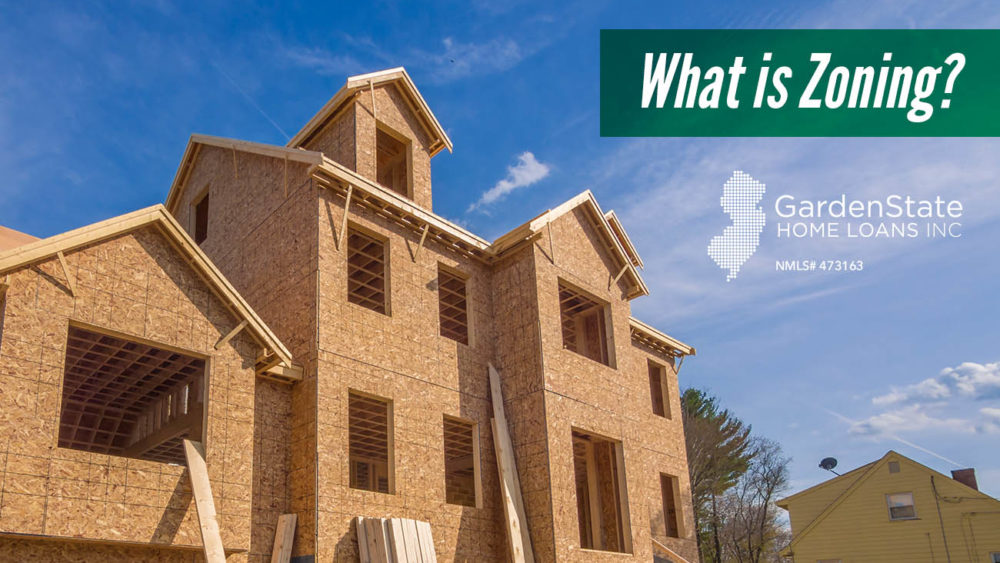Zoning
Zoning is the regulation of the use of real estate property, restricting property to residential, industrial, and commercial uses. The basic purpose of zoning is to divide the municipality into the residential, commercial, and industrial districts, or zones. These zones have additional detailed restrictions. These restrictions include:
- Types of buildings are allowed on the property
- Location of utility lines
- Size and height of buildings
- Number of rooms in the building
Restrictions may also cover minimum lot area, off-street parking, the number of buildings allowed on a lot, and the numbers of dwellings in an area. Any areas with historical significance may have additional requirements and restrictions to keep the area preserved.
Challenges to zoning regulations
Zoning is used to promote the good of the entire community. Zoning must be reasonable for all factors involved, including:
- The need of the municipality
- The reason for the regulation/restriction
- The size, location, and characteristics of the land
- The character of the neighborhood
- The value of the property
Issues arise when there is disagreement on these fronts. On occasion, litigation may be necessary to resolve disagreements.
Residential zoning
A residential area can include single-family residences, suburban home, apartments, duplexes, trailer parks, condominiums, and other housing options. Residential zoning covers a wide variety of issues. Mobile homes are one form of housing that is affected by zoning laws. Zoning laws concerning mobile homes cover how many mobile homes can be placed on a property.
Zoning laws typically limit the number of animals that you are allowed at your residence. Animals that are not regulated include domesticated animals, such as dogs, birds, and cats. However, animals such as chickens, cows, sheep, horses, and pigs are subject to regulations.
If you have a home business, you may also be subject to zoning laws. Zoning laws concerning home-based businesses depends on your business. Things that might affect your home business are whether you have employees, the hours of your business, signage of your business, parking, and noise issues. Some municipalities may restrict any in-home businesses in a residential area, while others may restrict the type of business and the business areas. If you live in a condominium, the restrictions may be even stricter than if you were in a private residence.
Zoning laws vary based on state and municipality, so make sure you check the specific rules of your area.


Comments are closed.